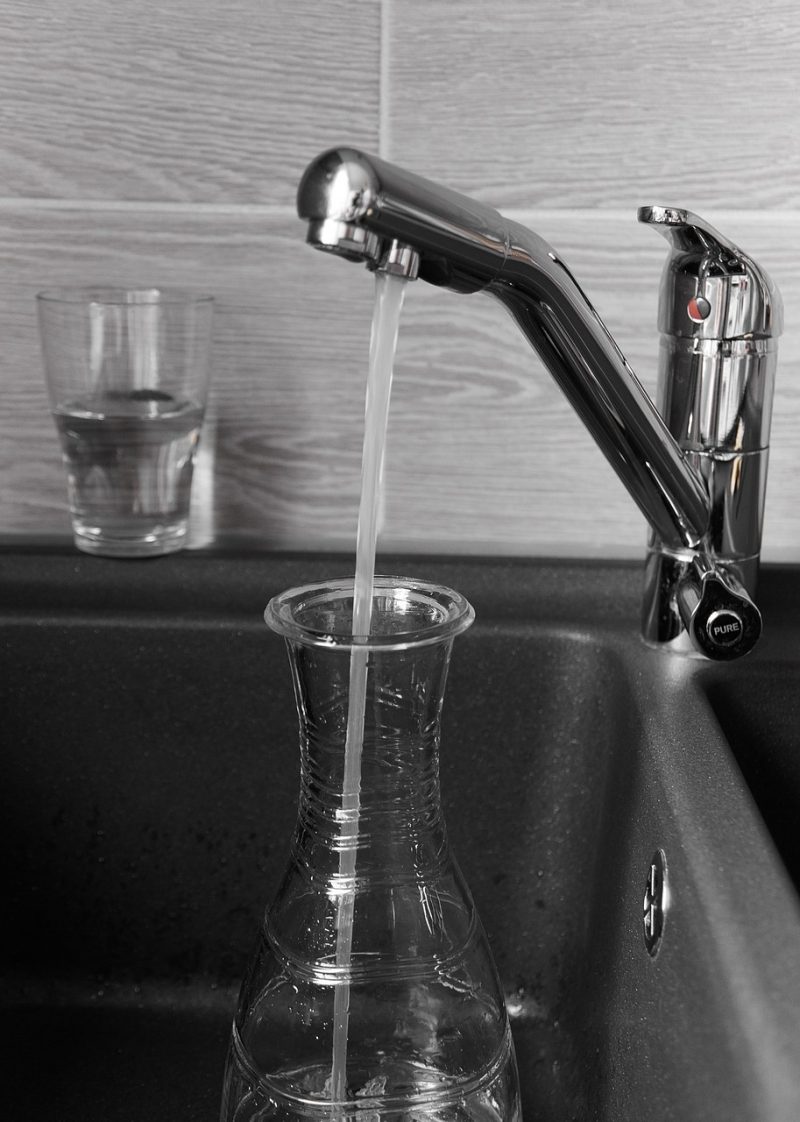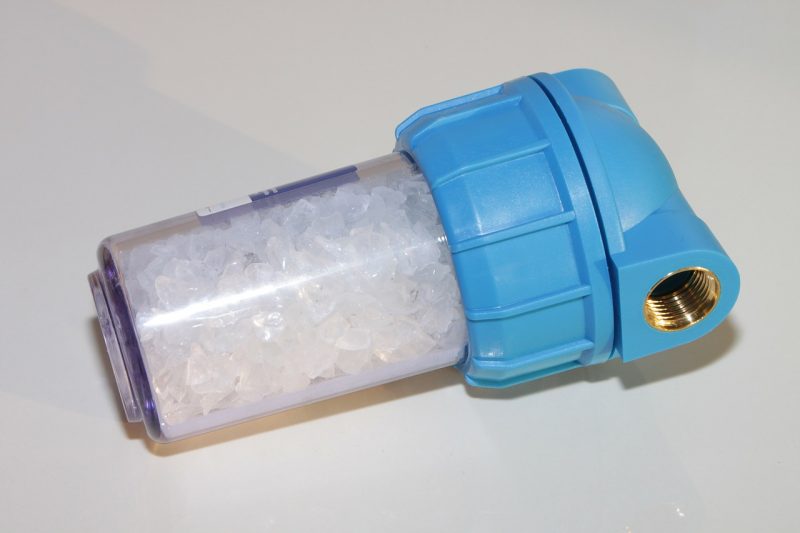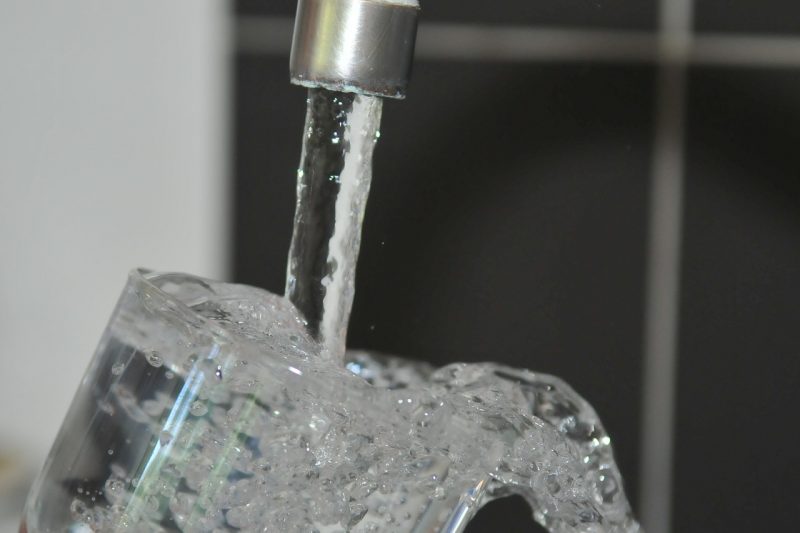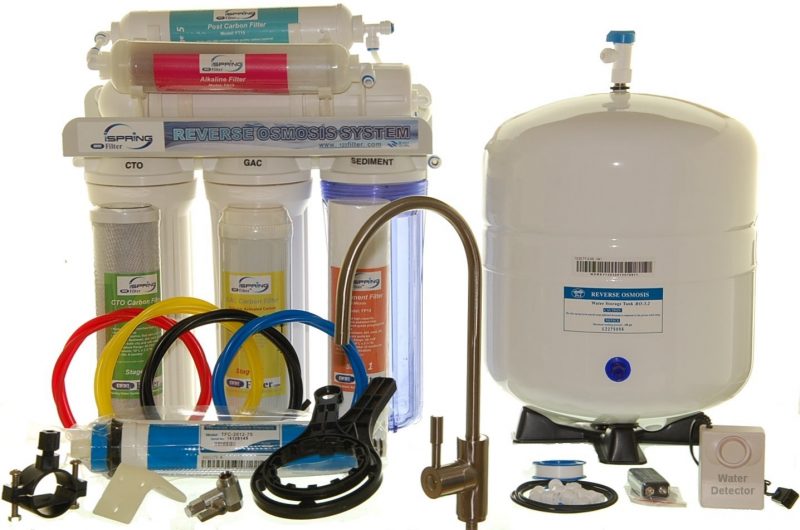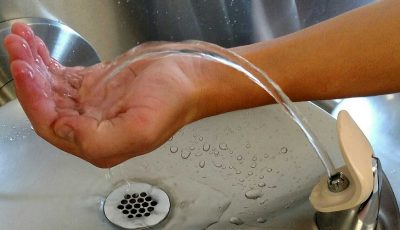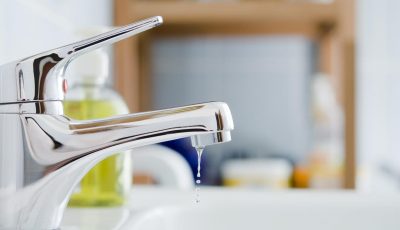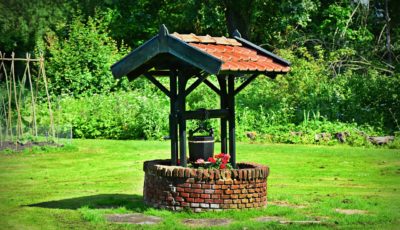Planning to Buy a Home Water Filtration System? Read This First
Have you ever thought about the quality of the water that comes out of your tap? Most people don’t, they are aware that it comes from the water board and has been treated to ensure it is clean and safe to drink. But, this is not always the case! A test of your water will tell you how good it actually is. The fact is that your water can travel hundreds of miles before it gets to you. But even just travelling a few meters it can pick up debris and bacteria from inside the pipes.
The best solution is to contact a reputable supplier such as Filtap and have a water filter system fitted to your home. This will remove bacteria, debris and even the chemicals the water board have added. However, before you rush out and buy the biggest and most expensive system available there are a few things you should know:
Not All Water Filters Are Equal
A filter is designed to do a specific task; this may be to remove debris, or lead or even bacteria. Having had your water tested you’ll know which is the most important thing for you to remove from your water. You should buy the filter that does the job you need it to; not just the one that says it does everything.
Changing The Filter
A filter will only last for a set period of time. After this you’ll need to change it. There is usually a warning system that will tell you the filter is reaching the end of its life. You need to pay attention to this and replace the filter promptly when indicated. If there is no warning then you’ll need to note the manufacturer’s guidelines and adhere to them.
Filters Cost Money
The average home water filtration system filter will cost between $30 and $180; depending on your system and what you are removing from the water. The number of times you need to replace the filter will be dictated by the amount of water you use. This means you may need to replace your filter several times a year. You need to budget for this when you purchase your filtration system. There is little point have the equipment but being unable to afford the filters!
Speed
Counter top filters are generally the slowest to filter water. They also have the added inconvenience of needing to be manually filled before the water is filtered. You’ll also find that using a reverse osmosis filter is a fairly slow process. It is important to consider how the slow flow rate may affect your everyday life; this will help to ensure you choose the right filtration system for your home.
The flow rate should be clearly shown on all filters, don’t purchase one until you’ve seen it and are confident that you understand the implications.
Once you’ve tried the water from your home filtration system you’ll be glad you purchased it. Not only is the water safer it will taste better too!

